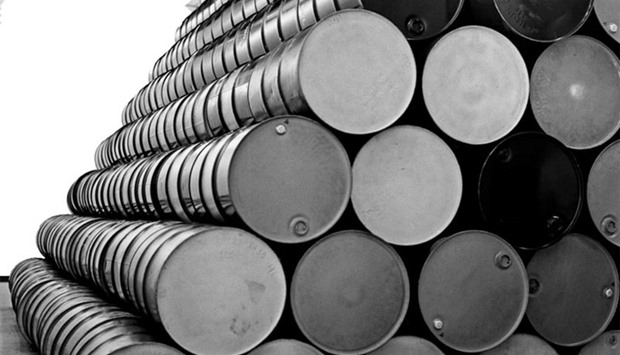* Markets unlikely to rebalance before 2017
* US production declines accelerating
* Iran's return to the oil markets slower than expected
* India can replace China as engine of oil demand growth
A deal to freeze oil production by Opec and non-Opec producers will have a limited impact on global supply and markets are unlikely to rebalance before 2017, the International Energy Agency (IEA) said on Thursday.
The IEA, which oversees the energy policies of industrialised nations, said even though the decline in US output was gathering pace and Iran was not adding as many barrels as expected, the world would still produce more oil than it consumes throughout 2016.
Oil has collapsed since mid-2014 to as low as $27 per barrel, from as high as $115, due to booming Opec and US supplies.
Prices have recovered to above $40 per barrel in recent weeks as US production declines accelerate and as major Opec and non-Opec producers are due to meet in Doha on April 17 to agree a deal to freeze global production.
"If there is to be a production freeze, rather than a cut, the impact on physical oil supplies will be limited," the IEA said in its monthly report.
"With Saudi Arabia and Russia already producing at or near record rates and very little upside seen apart from Iran any deal struck will not materially impact the global supply-demand balance during the first half of 2016," the IEA said.
The world has built record stocks over the past year, in excess of 3bn barrels, as production has exceeded demand. The IEA expects stocks to grow by 1.5mn bpd in the first half of 2016, slowing to 0.2mn bpd in the second half - unchanged from last month.
India growth engine
The IEA, which is due to publish its 2017 estimates in June, slightly trimmed its estimates for 2016 global demand growth from last month to 1.16mn barrels per day.
That represents a significant decline from the very strong growth of 1.8mn bpd in 2015 on the back of low oil prices. The IEA said demand growth was slowing in China, the US and much of Europe.
"India could be replacing China as the main engine of global demand growth," the IEA said, estimating its demand growth at 300,000 bpd - the strongest ever volume increase.
"Reforms to the rules allowing refiners to directly import crude oil are all part of a general trend towards liberalisation that should underpin India's growth momentum."
On the supply side, the IEA said it saw non-Opec production falling by around 700,000 bpd in 2016, little changed from last month.
"There are signs that the much-anticipated slide in production of light, tight oil in the US is gathering pace. By early April the rig count had fallen nearly 80% from the peak seen in October 2014 and more anecdotal evidence is emerging of financial problems taking their toll on the shale pioneers."
Meanwhile Opec member Iran's return to the market was more measured than some expected after the lifting of sanctions in January, although its March production was still nearly 400,000 bpd higher than at the start of the year, the IEA said.

